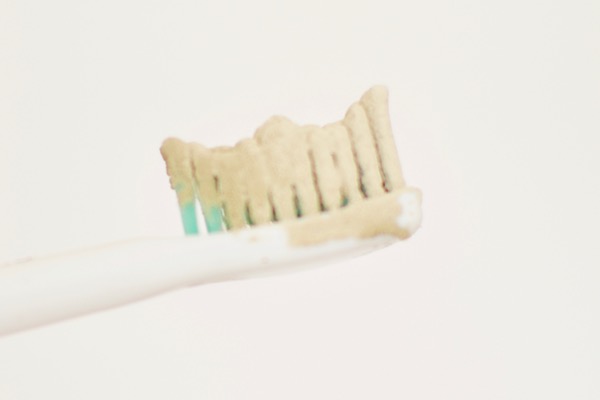Could these common antibiotics be more dangerous than you think?
It’s amazing how many people in the U.S. are currently taking medication for some problem or another. Every home is filled with medications of all shapes and sizes, used to treat and prevent all sorts of diseases. For the most part, medications are safe when used in the proper dosage and to treat a specific illness or disease. However, if you’re not careful, medications can be a lot more dangerous than you’d think.
Take quinolone, for example. Quinolone (also known as fluoroquinolone) is one of the most common antibiotics in the country. The antibiotics come from natural plant sources, and they are a broad-spectrum antibiotic meant to deal with bacterial infections. They are often prescribed in cases of infections acquired in the hospital, or for bacteria that may be resistant to other types of antibiotics.
On the face of it, this antibiotic seems like a good option. After all, it can help to deal with infections, even in cases of antibiotic-resistant bacteria, right?
Well, as of May 2016, the FDA has taken a very clear stance on quinolone. According to the FDA website:
“The U.S. Food and Drug Administration is advising that the serious side effects associated with fluoroquinolone antibacterial drugs generally outweigh the benefits for patients with acute sinusitis, acute bronchitis, and uncomplicated urinary tract infections who have other treatment options. For patients with these conditions, fluoroquinolones should be reserved for those who do not have alternative treatment options.”
Pretty scary, no? The “side effects outweigh the benefits”! That’s not something you want to hear when considering taking a medication.
Why is the FDA issuing this warning? Well, according to a safety review, it turns out that systematic use of quinolones in any form (injections, capsules, and tablets) can cause some pretty serious side effects. In fact, the FDA warns that the side effects are “disabling and potentially permanent”. They can affect the central nervous system, muscles, joints, tendons, and nerves. Definitely something we want to know about before taking the antibiotics!

READ MORE: Weird and Gross FDA Allowances
In 2012, Dr. Mercola published an article on the dangers of quinolones. In the article, he listed the many potential side effects of the drug, including:
- Hallucinations
- Hearing problems
- Psychotic reactions
- Nausea and diarrhea
- Peripheral neuropathy
- Painful rashes
- Phototoxicity
- Brain fog
- Retinal detachment, which could lead to blindness
- Acute kidney failure
- Depression
- Disruptions to blood sugar metabolism
Those are all pretty serious, pretty terrifying sounding side effects! If the mildest side effect a medication can promise is nausea and vomiting, it’s probably one you want to stay far away from.
What does the FDA recommend?
For doctors, it’s recommended that you stop systemic treatments using quinolones immediately. This becomes doubly important if patients being treated report any sort of side effects. It’s better to switch to a non-quinolone antibiotic in order to deal with the problem.
For patients, if you notice any side effects, it’s imperative that you stop quinolone treatment immediately and contact your health care professional. The side effects may start out mild at first, but as the FDA said, there is a risk that the side effects are disabling and potentially permanent. You should bring up your concerns about the use of quinolone and find out if there is another safer option of antibiotic to take.
Don’t mess around with your health! There are many medications you can use to achieve the desired result, so find a medication that is safe and unlikely to cause serious health problems.







